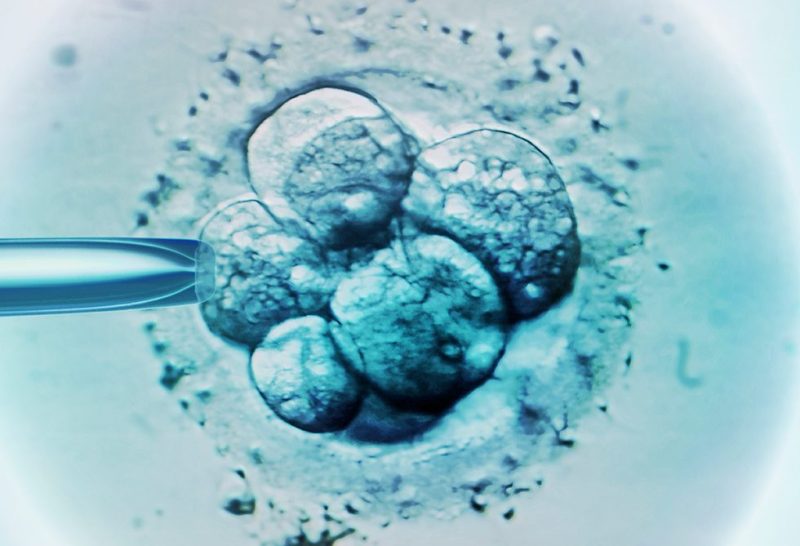
For the first time, scientists have demonstrated that a baby can be made without fertilizing a female egg.
In an experiment with mice, scientists at Bath University have produced a healthy baby from injecting sperm directly into embryos, bypassing the egg entirely. This experiment draws from previous studies in which eggs developed embryos without fertilization, but couldn’t produce healthy offspring because, as it turns out, sperm are required for a number of developmental processes. The resulting embryos didn’t last more than a week. The Bath study, on the other hand, has produced healthy mice that are capable of breeding at a one-in-four success rate, more than double the rate of nuclear transfer cloning.
The impact of this study on future animal breeding and human fertility treatments has not been overlooked by the scientific community. While more advanced experiments with human cells haven’t been attempted and are still a long way off, this research sheds some much-needed light on how life begins, as well as the viability of embryos.
The Bath University scientists published their study in Nature Communications; click here to read it. Below, watch a BBC video on the remarkable odds a sperm must overcome for old-fashioned fertilization to occur.
This article was featured in the InsideHook newsletter. Sign up now.